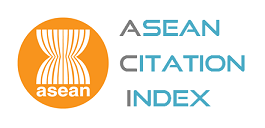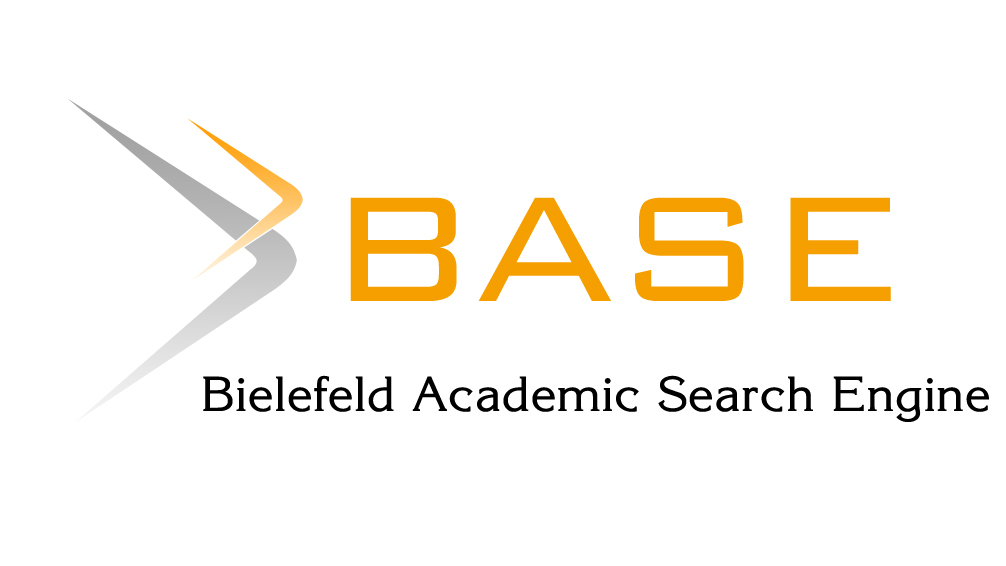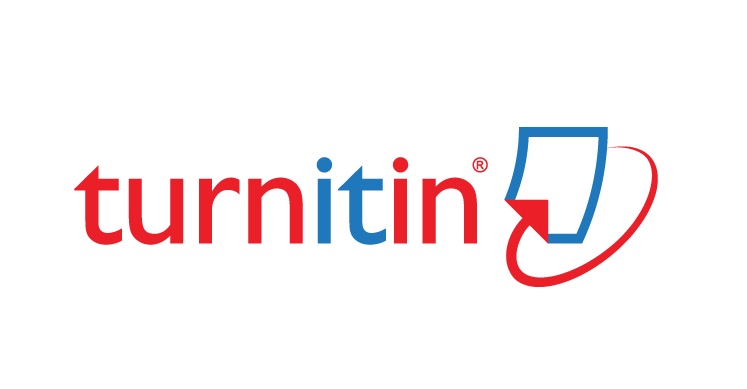COMPETENCY-BASED LEARNING: AN EFFECTIVE APPROACH IN INTERPRETATION CLASSES
Abstract
It is generally believed that interpreting quality is mostly driven by the level of language competency. Studies supporting this view have been broadly achieved through the use of various teaching approaches and strategies. However, most of these focus on the development of language skills rather than students’ topical knowledge, interpreting skill sets or interpreting outcomes. This paper aims at introducing the effectiveness of implementing a competencybased approach into English language classrooms. This approach was implemented into two interpretation groups, who are pursuing English as their major. There are notable outcomes found after employing competency-based approach in interpreting classes. Firstly, students were able to perform the task more fluently and confidently. Secondly, students used more appropriate language to interpret in concrete scenarios; and lastly, students showed strong preferences for advanced preparation and practice materials built upon their knowledge and competence. In order to apply competency-based approach more effectively and widely in interpretation courses, suggestions are made for lecturers and school leaders on the continuous update with respect to syllabuses design, course materials, and teaching assessment. It is hoped that this paper will give some insights on the use of competency-based approach in interpretation classes to equip students with skills and knowledge to successfully perform interpreting works.
Downloads
References
[2] Ayob L. Issues in interpreting pedagogy. International
Journal Interpreter Education. 2010;2: 102–10.
[3] Li D. Translation curriculum and pedagogy: Views of
administrators of translation services. Target: International Journal of Translation Studies. 2007;19(1):
105–33.
[4] Maddux L, Metzger M. Source attribution
instructional methods in ASL-English interpreter
education. ProQuest Dissertations and Theses.
Gallaudet University; 2015; p. 132. Available from:
http://ezproxy.nottingham.ac.uk/login?url=
https://search.proquest.com/docview/1844966812?
accountid=8018%0Ahttps://nusearch.nottingham.ac.uk
/openurl/44NOTUK/44NOTUK?genre=dissertations+%
26+theses&atitle=&author=Maddux%2C+Laura&
volume=&issue=&spage=&date=20 [Accessed 15th
April 2008].
[5] Monzó Nebot E. Understanding legal
interpreter and translator training in times
of change. Interpreter and Translator
Trainer. 2015;9(2): 129–40. Available from:
https://doi.org/10.1080/1750399X.2015.1051766
[Accessed 15th April 2008].
[6] Landa RL. Interpreter Education Programs: Readiness to Become Credentialed. Lamar UniversityBeaumont; 2018.
[7] Witter-merithew A, Johnson L. Toward Competent
Practice: conversation with Stakeholders Deaf Consumers... Deaf Consumers... RID Publications; 2005.
Available from: http://jdsde.oxfordjournals.org [Accessed 15th April 2008].
[8] Van Egdom G-W, Cadwell P, Kockaert H, Segers
W. A turn to ergonomics in translator and
interpreter training. Interpreter and Translator
Trainer. 2020;14(4): 363–8. Available from:
https://doi.org/10.1080/1750399X.2020.1846930
[Accessed 15th April 2008]
[9] Webb S, Napier J. Job demands and resources: An
exploration of sign language interpreter educators’
experiences. International Journal Interpreter Education. 2015;7(1): 23–50.
[10] Chesterman A, Wagner E. Can theory help translators?: a dialogue between the ivory tower and the
word face. Routledge; 2014.
[11] WTO. Viet Nam joins WTO with DirectorGenerals tribute for true grit. Available from:
https://www.wto.org/english/news_e/news07_e/acc
_vietnam_11jan07_e.htm [Accessed 15th April 2008]
[12] Bank W. Improving the Performance of Higher Education in Vietnam: Strategic Priorities and Policy
Options. World Bank; 2020.
[13] Bui Minh Duc, Dao Thi Viet Anh, Hoang Thi Kim
Huyen, Nguyen Ngoc Tu. Teaching professional standards for competency-based teacher training. Vinh
University Journal of Science. 2017;47(1B): 5–15..
[14] Barbara Moser-Mercer. The Acquisition of Interpreting Skills. In L’Interpretazione nelle lingue dei segni:
aspetti teorici e pratici della formazione. EUT-Trieste
2000; 57–61
[15] Dong Y, Li Y, Zhao N. Acquisition
of interpreting strategies by student
interpreters. Interpreter and Translator
Trainer. 2019;13(4): 408–25. Available from:
https://doi.org/10.1080/1750399X.2019.1617653
[Accessed 15th April 2008].
[16] Tomozeiu D, Koskinen K, D’Arcangelo
A. Teaching intercultural competence in
translator training. Interpreter and Translator
Trainer. 2016;10(3): 251–67. Available from:
https://doi.org/10.1080/1750399X.2016.1236557
[Accessed 15th April 2008].
[17] Arumí Ribas M. Problems and strategies in consecutive interpreting: A pilot study at two different stages
of interpreter training. Meta : Journal des traducteurs
/ Meta: Translators’ Journal. 2012;57(3): 812–35.
[18] Drugan J. Ethics and social responsibility
in practice: interpreters and translators
engaging with and beyond the professions. The
stranlator. 2017;23(2): 126–42. Available from:
https://doi.org/10.1080/13556509.2017.1281204
[Accessed 15th April 2008].
[19] Griffith WI, Lim H-Y. Introduction to competencybased language teaching. MEXTESOL Journal.
2014;38(2): 1–8.
[20] Paul G. Competency-Based Language Teaching Report. Web log comment; 2008.
[21] Wong RMH. Competency-Based English Teaching
and Learning: Investigating Pre-Service Teachers of
Chinese’s Learning Experience. Online Submission;
2008.
[22] OECD. Definition and selection of
Competencies: Theoretical and Conceptual Foundation; 2002; Available from:
http://www.oecd.org/dataoecd/47/61/35070367.pdf
[Accessed 15th April 2008].
[23] Marcellino M. Competency-based language instruction in speaking classes: Its theory and implementation in Indonesian contexts. Indonesian Journal of
English Language Teaching. 2005;1(1): 33–44.
[24] MOET. Tài liệu tập huấn “Kiểm tra, đánh giá trong
quá trình dạy học theo định hướng phát triển năng
lực học sinh trong trường trung học cơ sở. 2014.
[25] Tran, Cuc; Nguyen Q. Developing Teaching Competency Through The Experiential Learning For Primary Education Teachers To Meet The Requirements
Of Education Reform; 2017.
[26] Canado MLP. ˜ Competency-Based Language Teaching
in Higher Education. Springer Science & Business
Media; 2013; 14.









